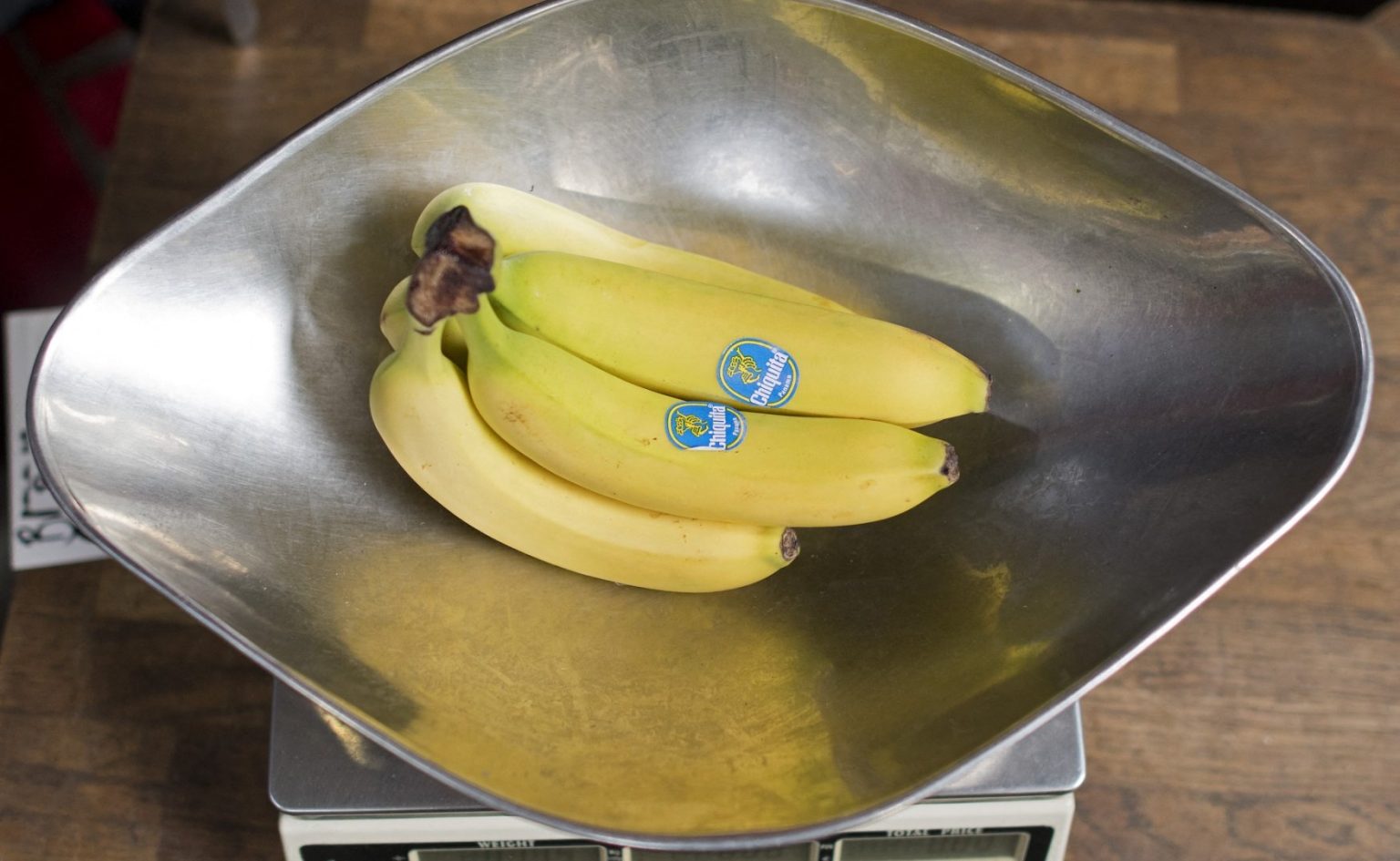A court in the United States has ordered Chiquita Brands International to pay $38.3m in damages to the families of eight Colombian men killed by the United Self-Defense Forces of Colombia (AUC). The AUC, designated a terrorist organization by the US, was known for its human rights abuses. The lawsuit was filed with the help of NGO EarthRights, and the plaintiffs were the families of the victims, including husbands and sons. The lawyers representing the families expressed gratitude that their clients had the courage to come forward and seek justice in the US legal system.
Chiquita had previously been ordered by a US court in 2007 to pay a $25m fine for doing business with the AUC. The company admitted to paying protection money from 2001 to 2004, claiming it was to safeguard employees and that they were victims of extortion. However, the plaintiffs alleged that Chiquita had paid nearly $2m to the AUC despite being aware of the group’s violent activities. The jury agreed with the argument that the money transferred to the paramilitaries had been used to commit war crimes such as homicides, kidnappings, extortion, torture, and forced disappearances. The AUC, involved in a conflict with Colombian far-left fighters in the 1990s, surrendered in 2006 and confessed to its crimes.
EarthRights International’s general counsel, Marco Simons, praised the court’s decision as a powerful message to corporations that profiting from human rights abuses will not go unpunished. He also commended the families for their bravery in facing a large American company in the legal process. The case against Chiquita was built on evidence that the company knowingly funded a group known for its human rights violations, demonstrating that corporations can be held accountable for their actions. The lawsuit highlights the importance of transparency and accountability in corporate dealings, particularly in conflict-ridden regions where human rights abuses are prevalent.
The Chiquita case serves as a reminder that companies must be vigilant about their business practices and the impact they have on human rights. The verdict sends a clear message that corporations cannot turn a blind eye to where their money is going and that ignoring human rights violations for the sake of profit is unacceptable. The families of the victims, who lost their loved ones to the violence perpetrated by the AUC, have been awarded compensation for their losses and suffering. The ruling sets a precedent for holding companies accountable for their support of armed groups involved in human rights abuses, reinforcing the need for ethical business practices and responsible corporate behavior.
The legal battle against Chiquita has shed light on the consequences of corporate involvement in conflicts where human rights abuses occur. The case has highlighted the importance of transparency, accountability, and the need to uphold human rights standards in business operations. The verdict against Chiquita sends a powerful message to corporations worldwide that they will be held accountable for their actions, especially when they contribute to human rights violations. The families of the victims have found some sense of justice through the court’s decision, but the case also serves as a reminder of the ongoing struggle for human rights and justice in conflict zones around the world.


